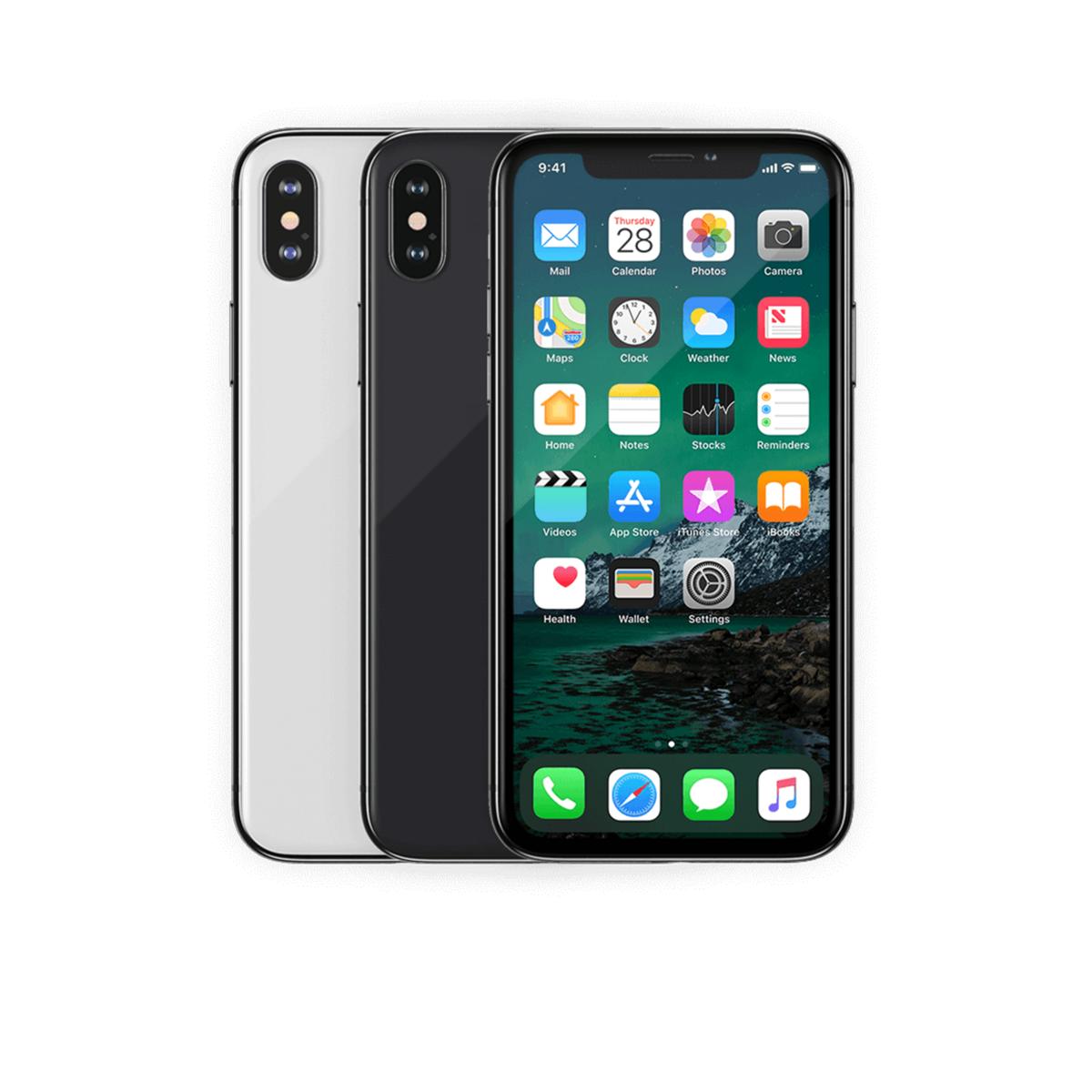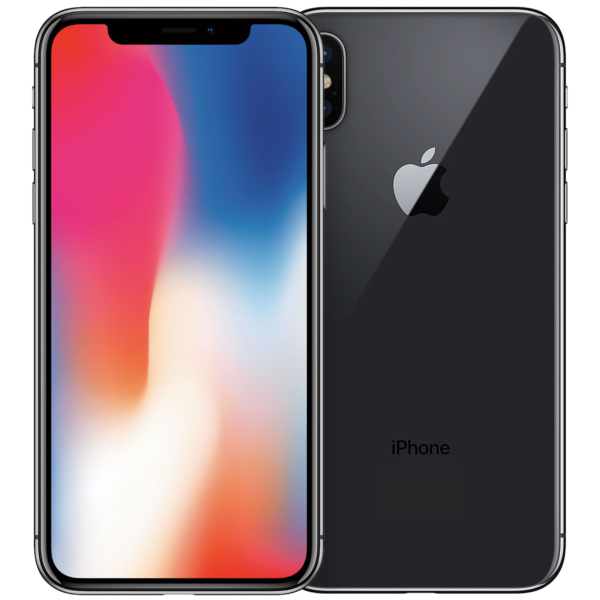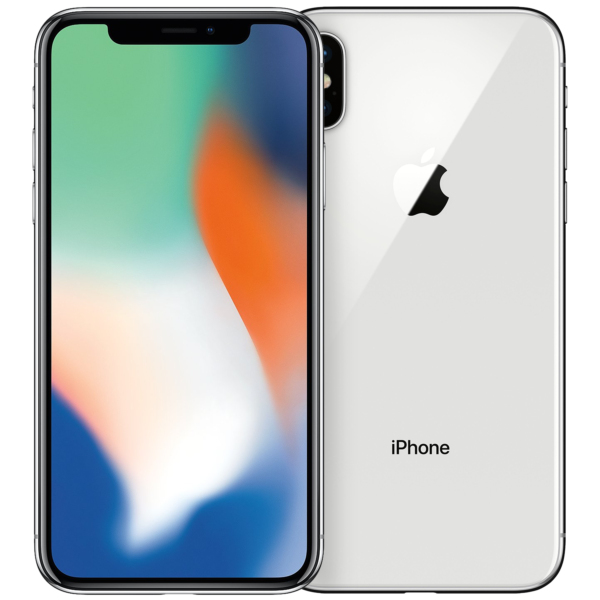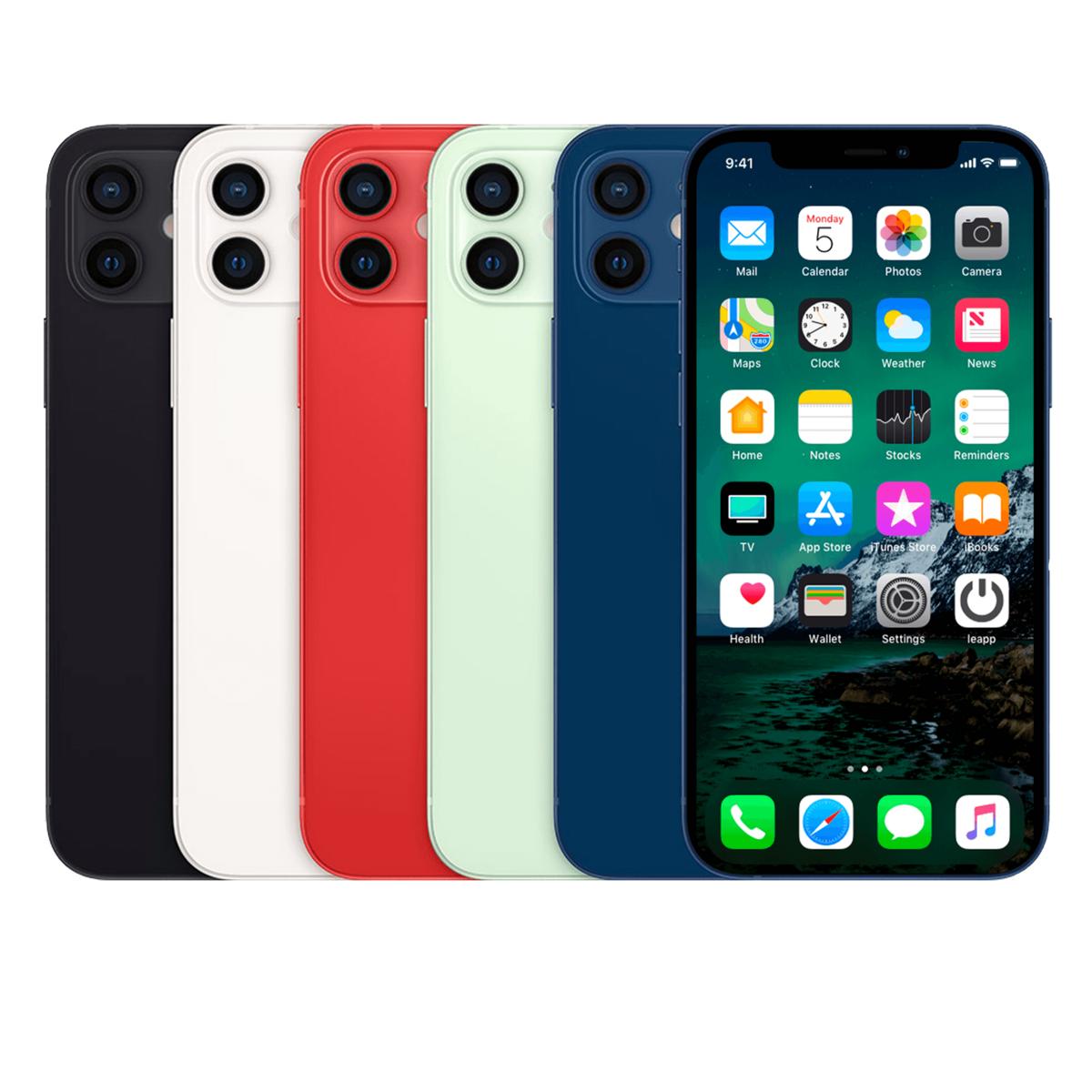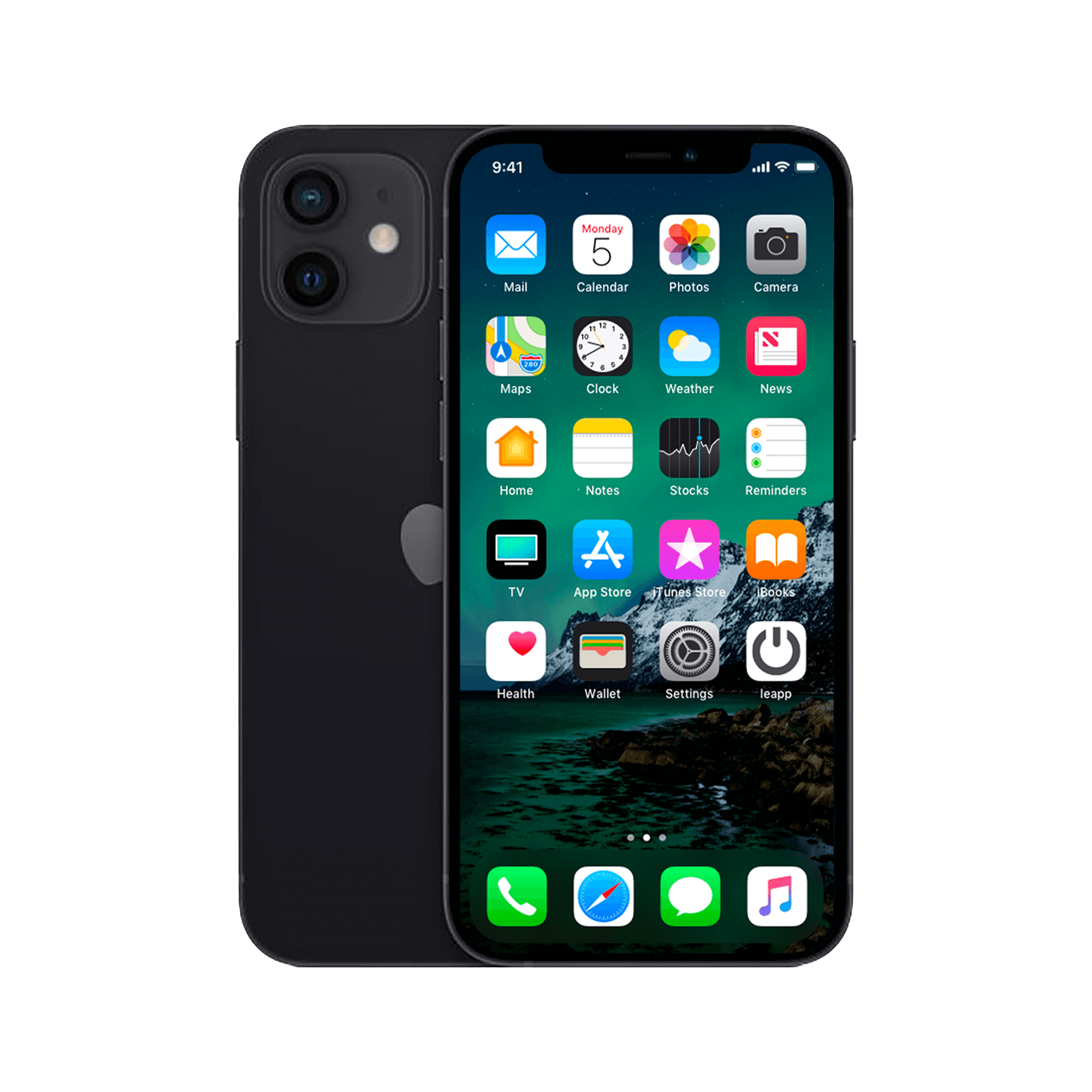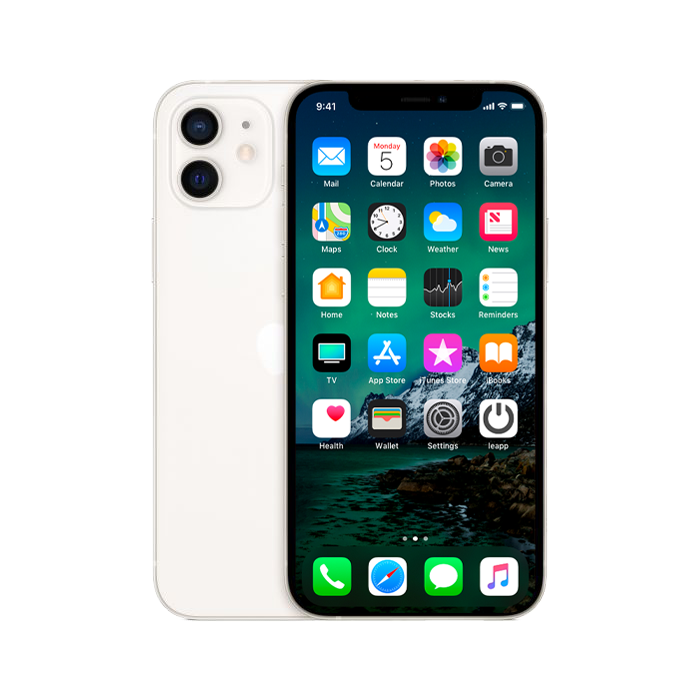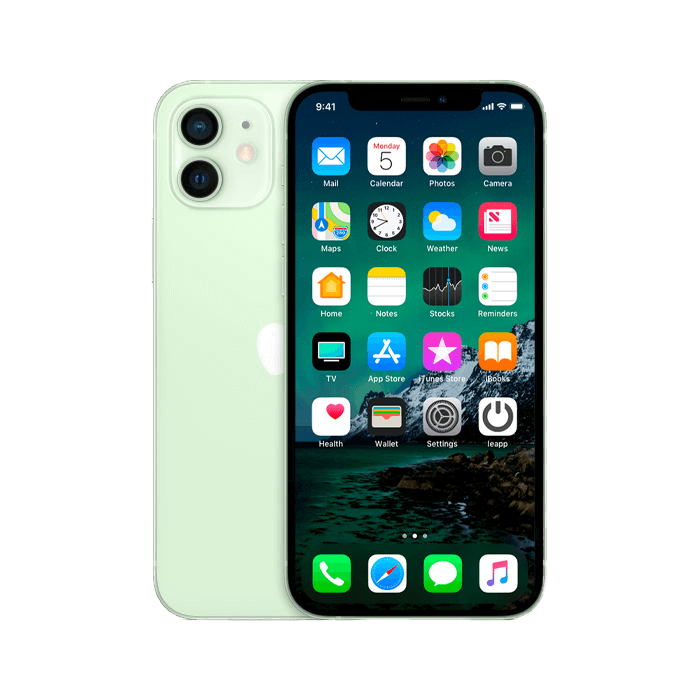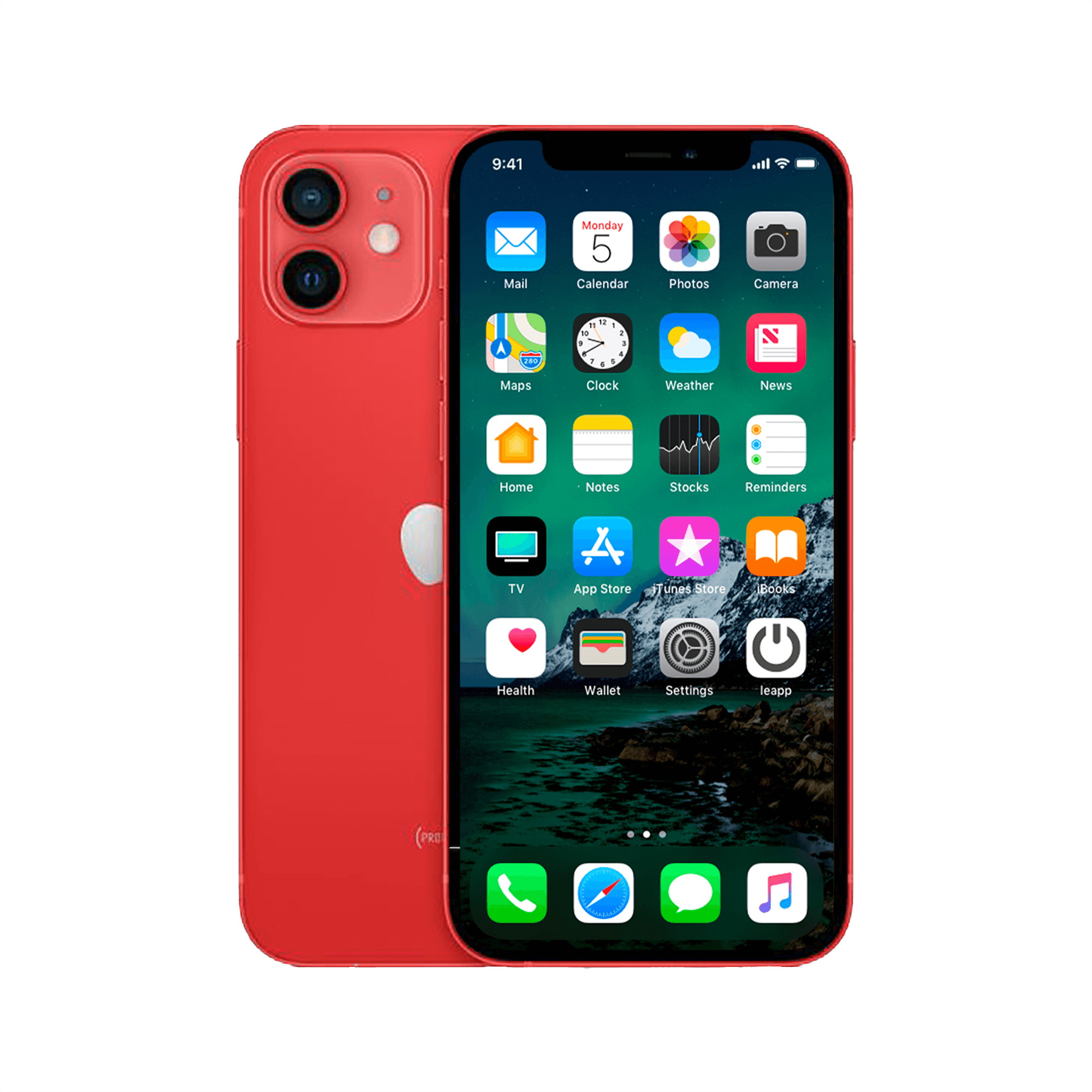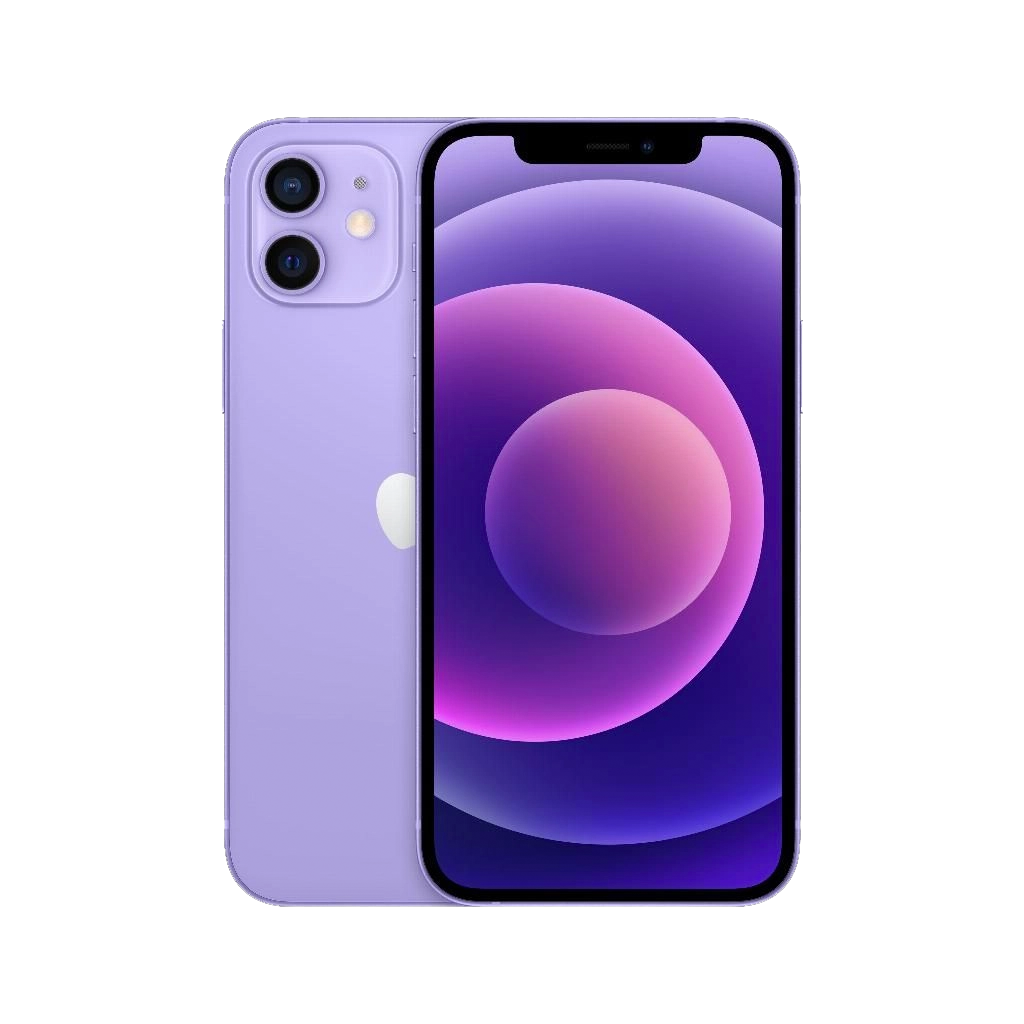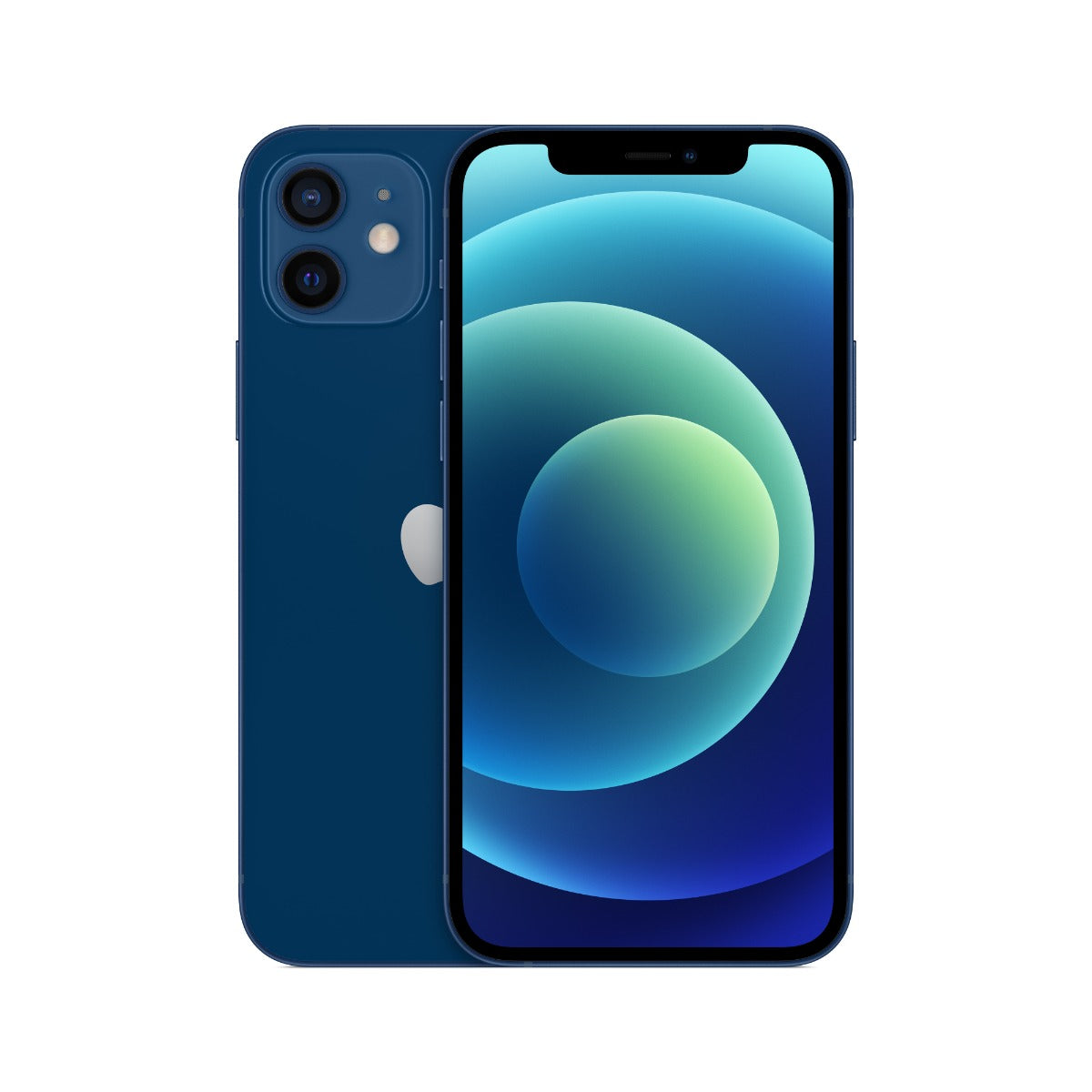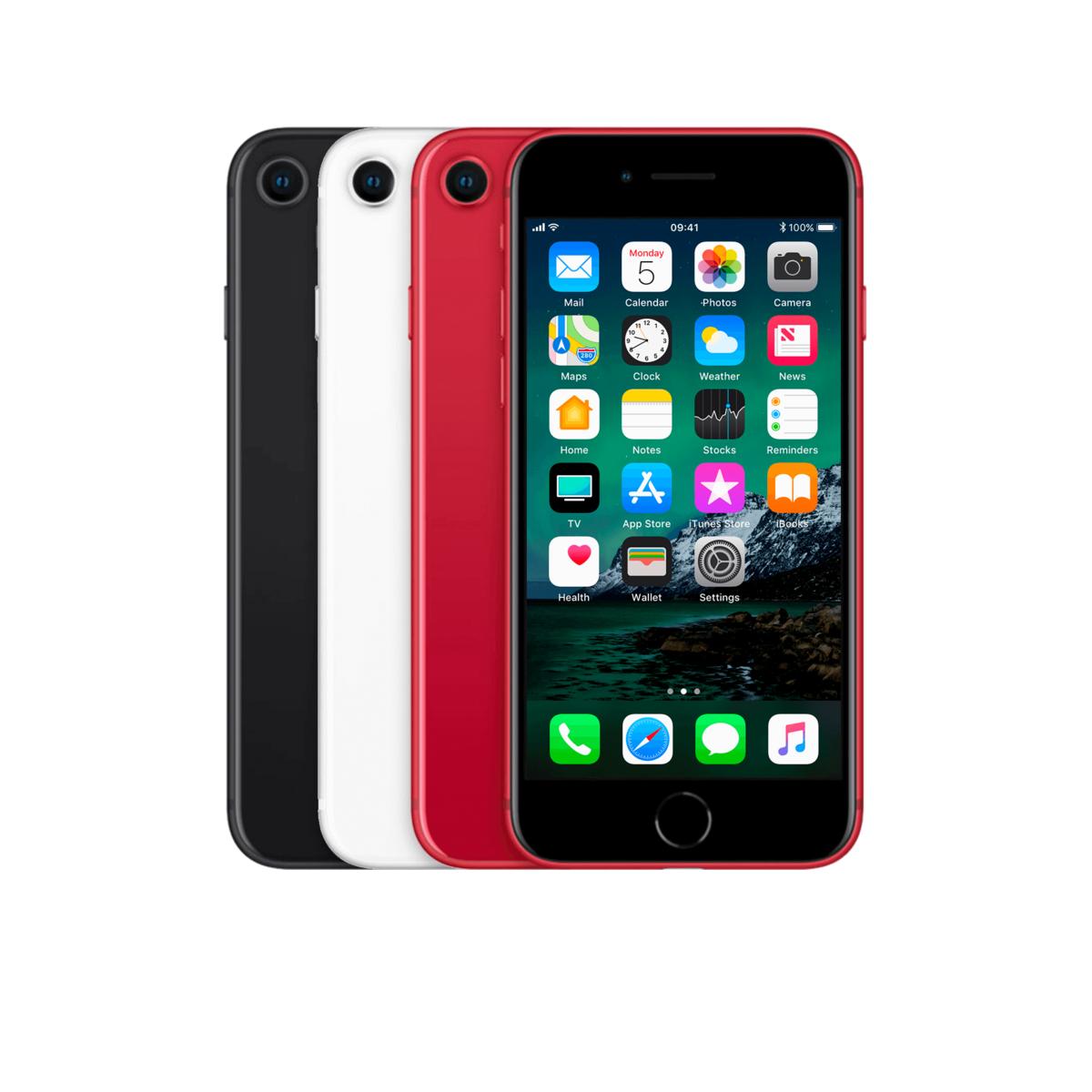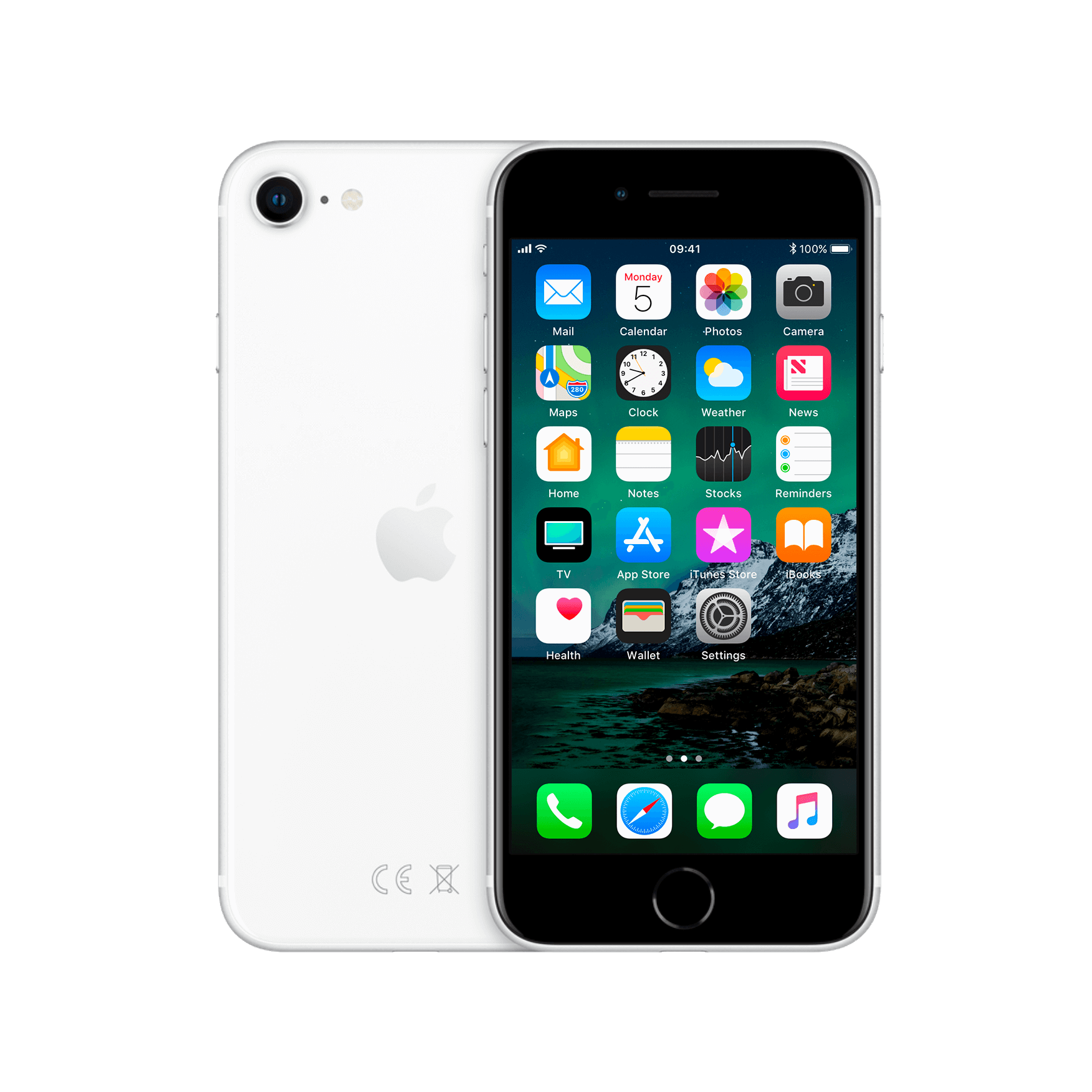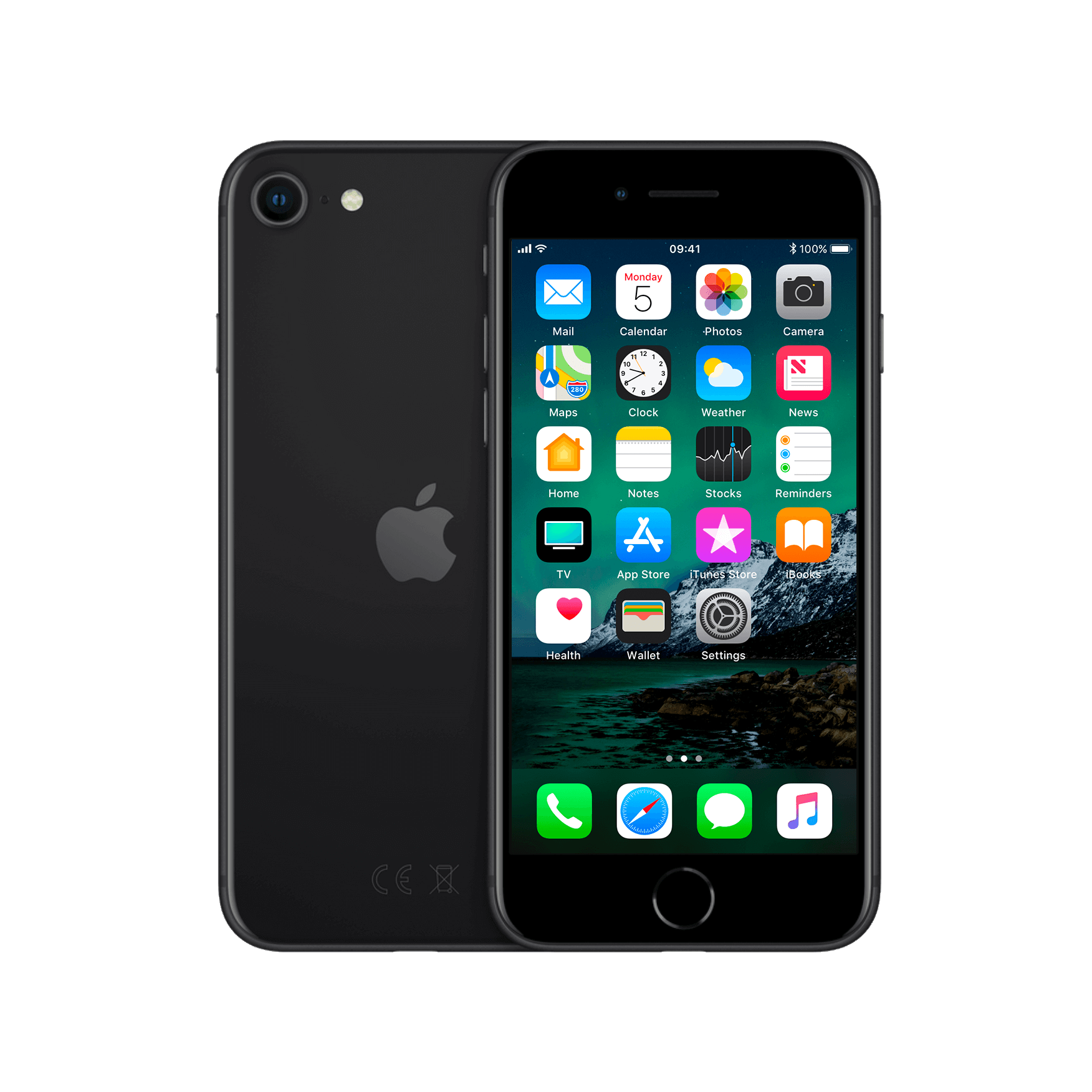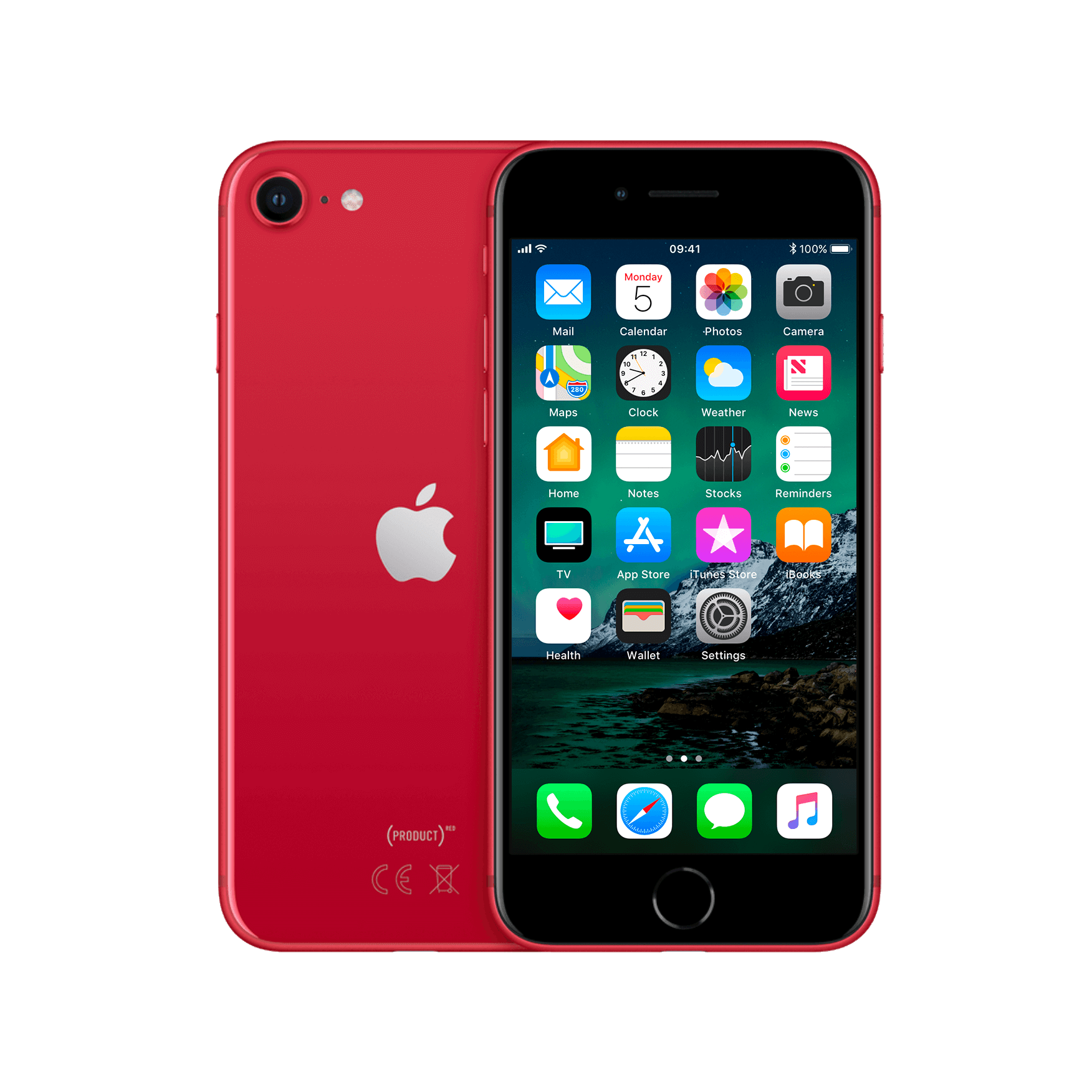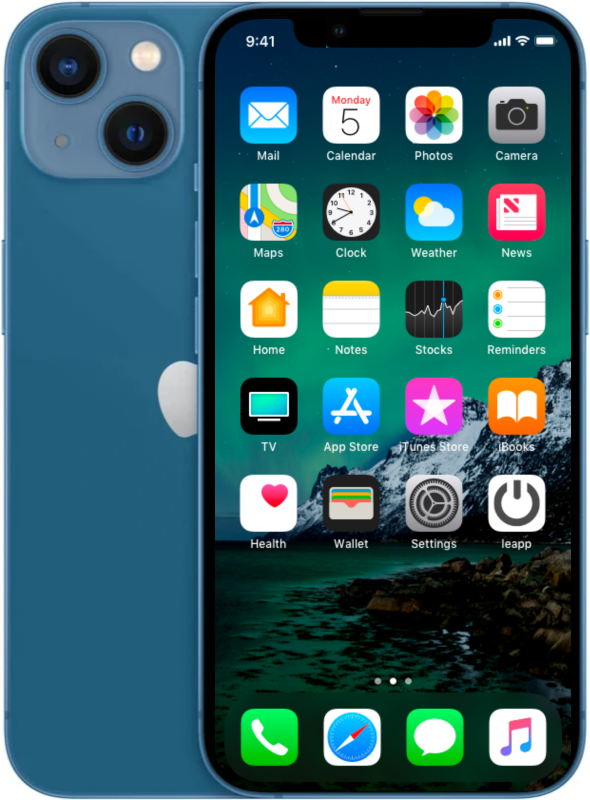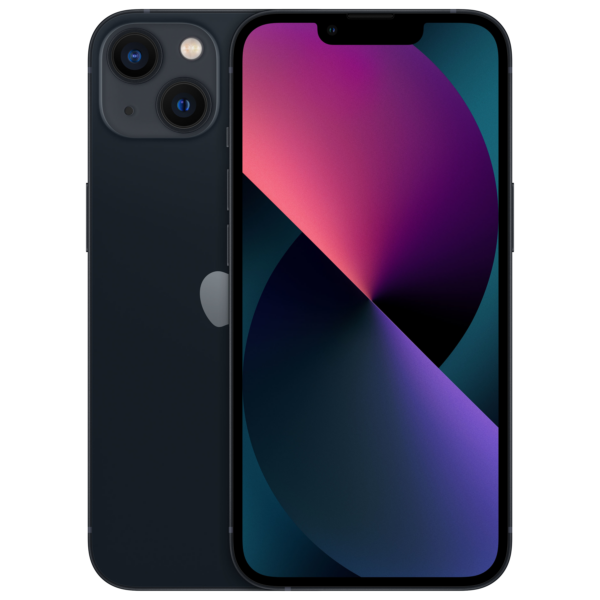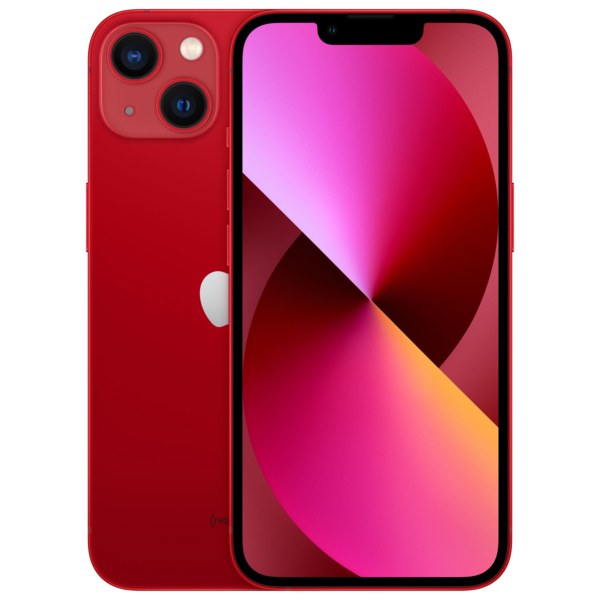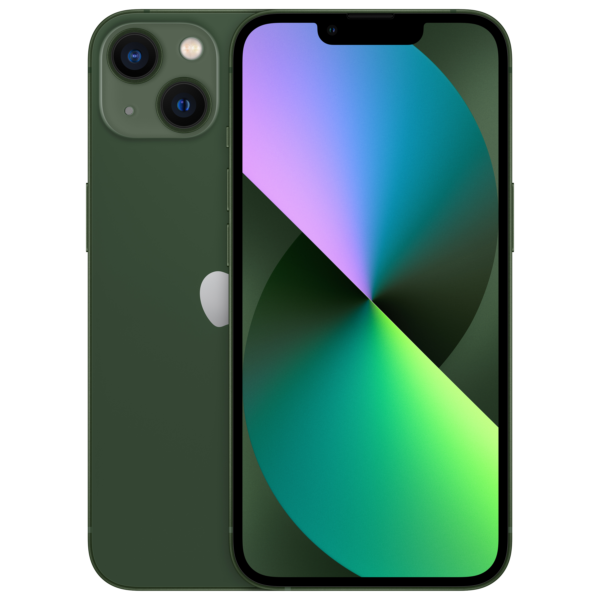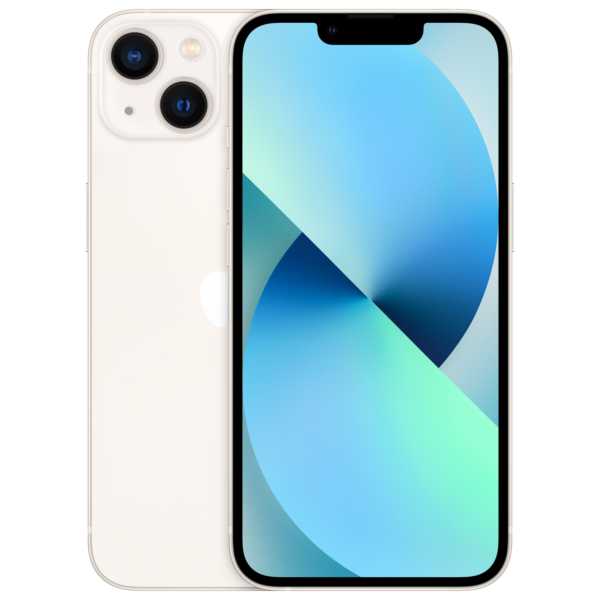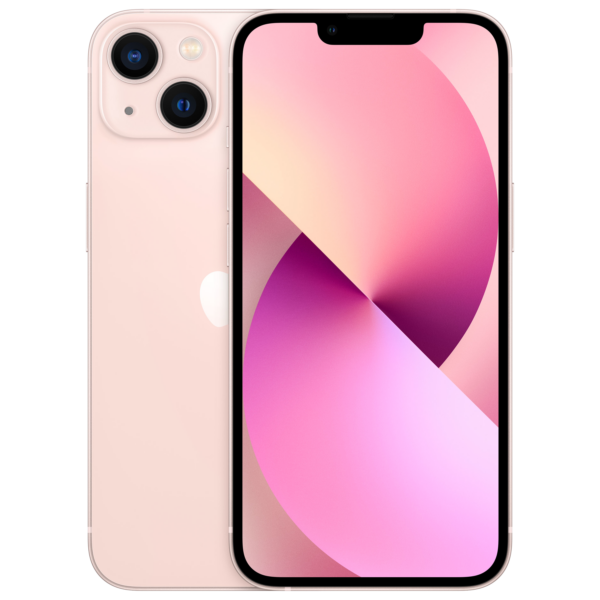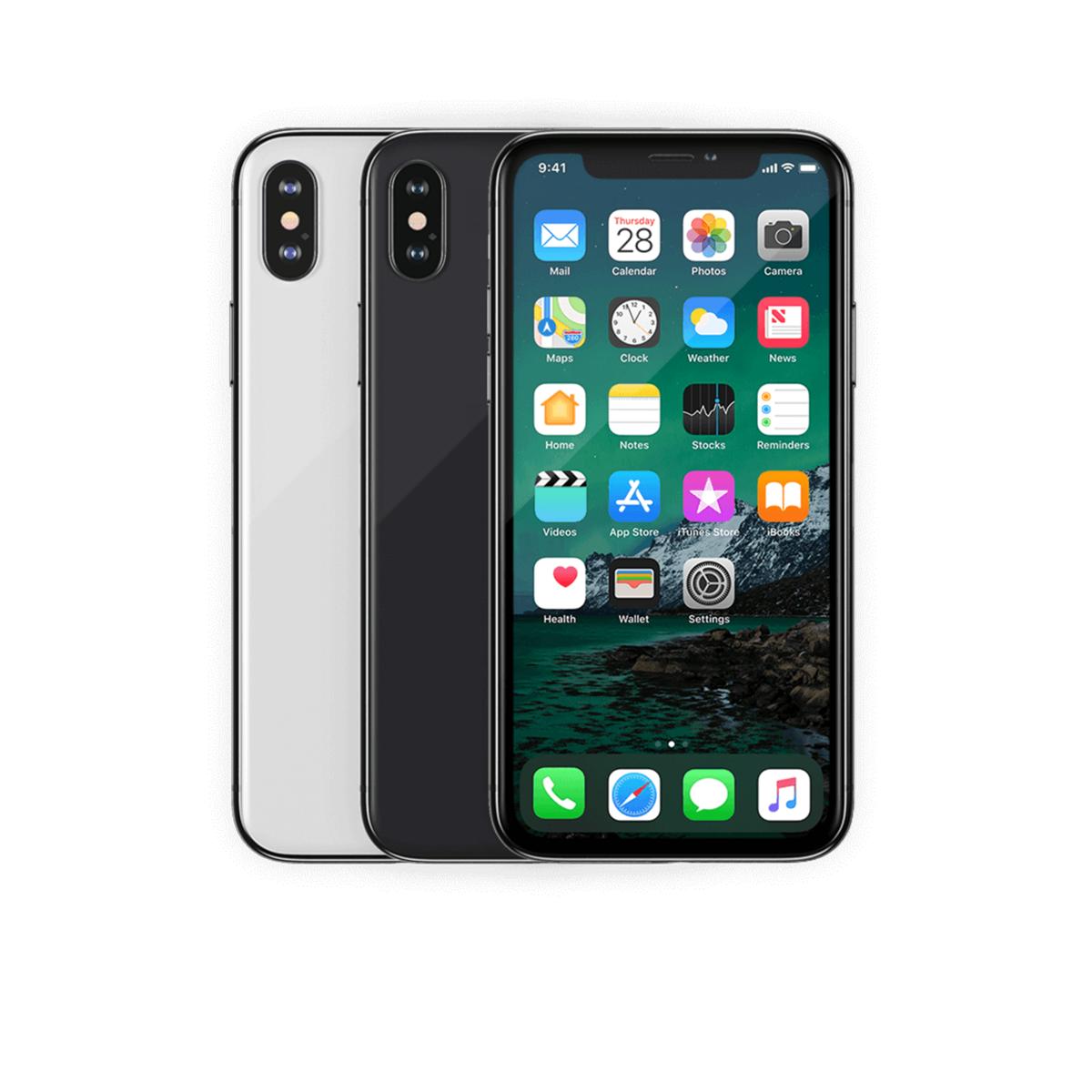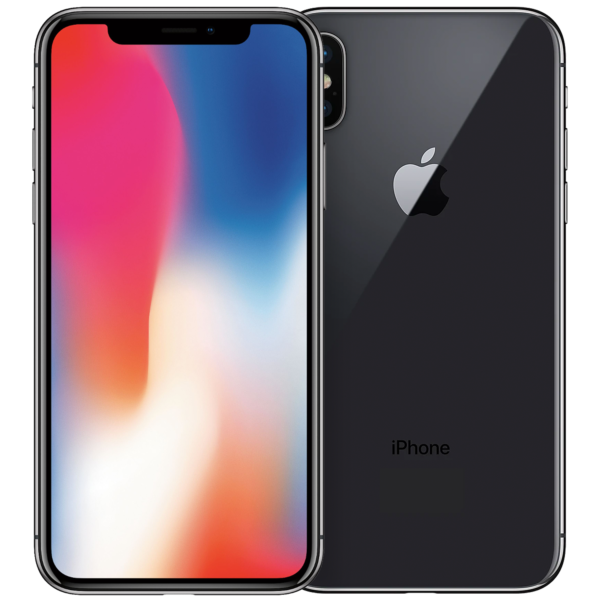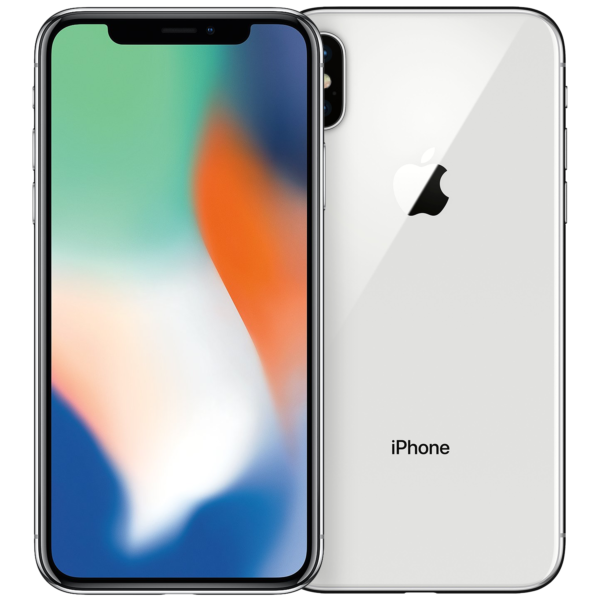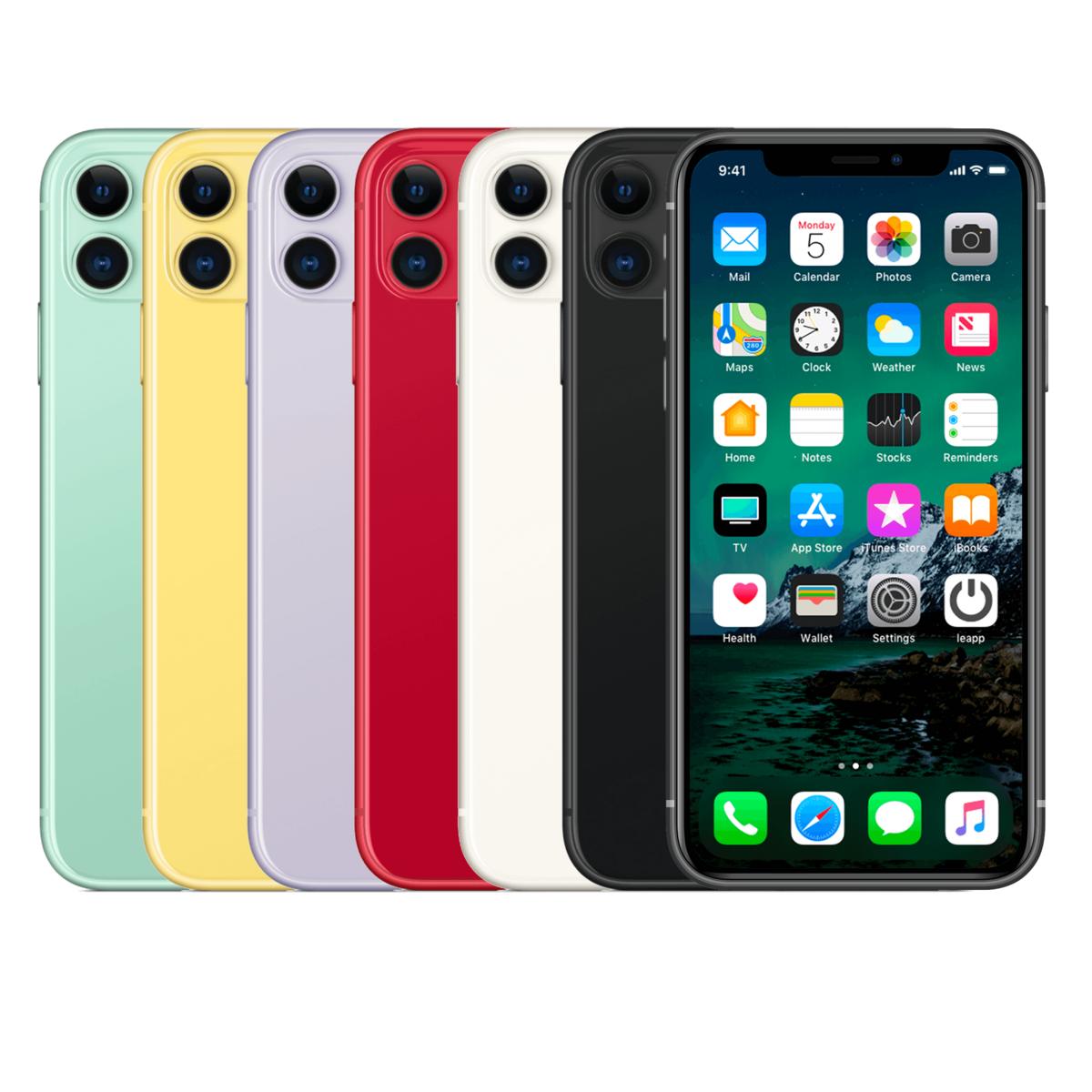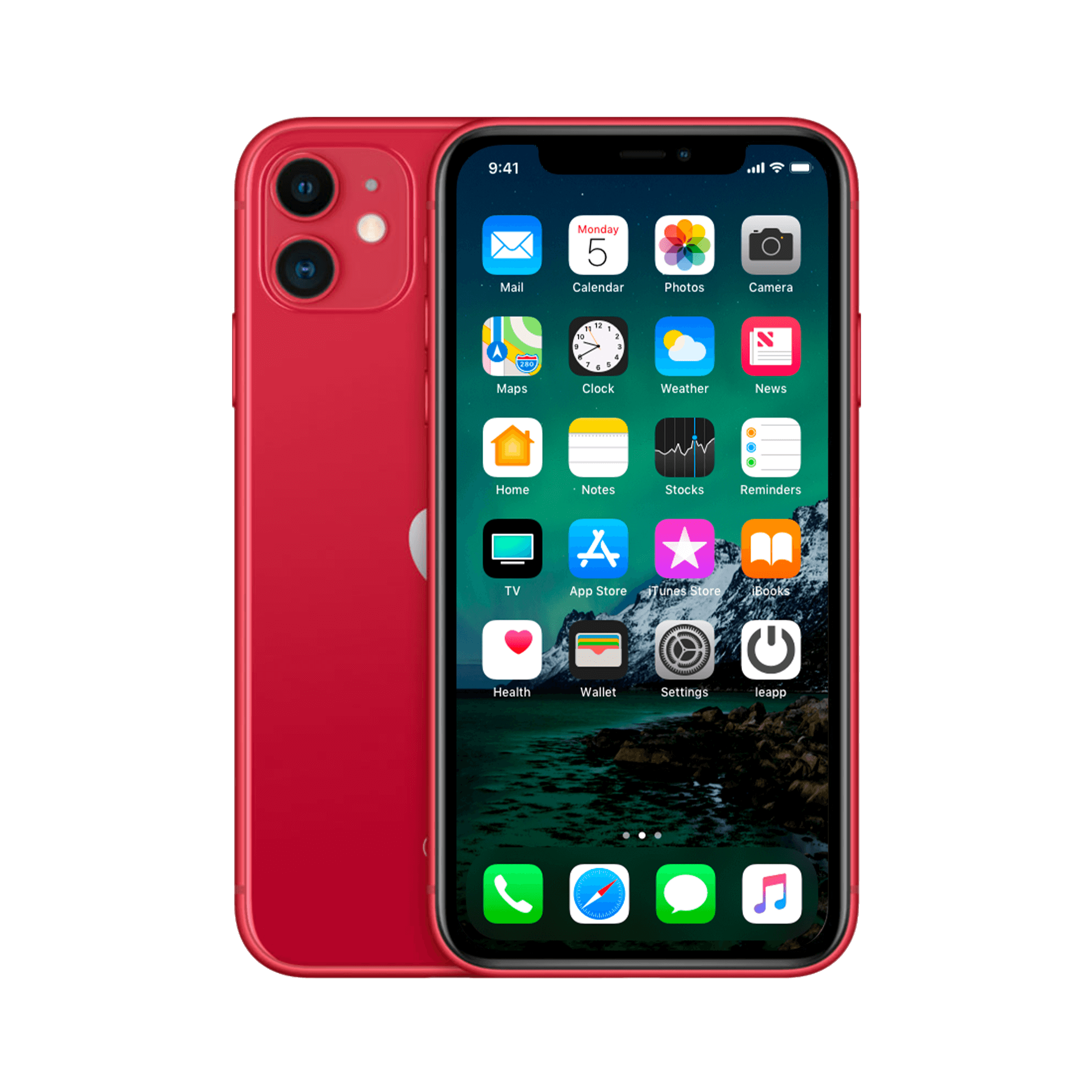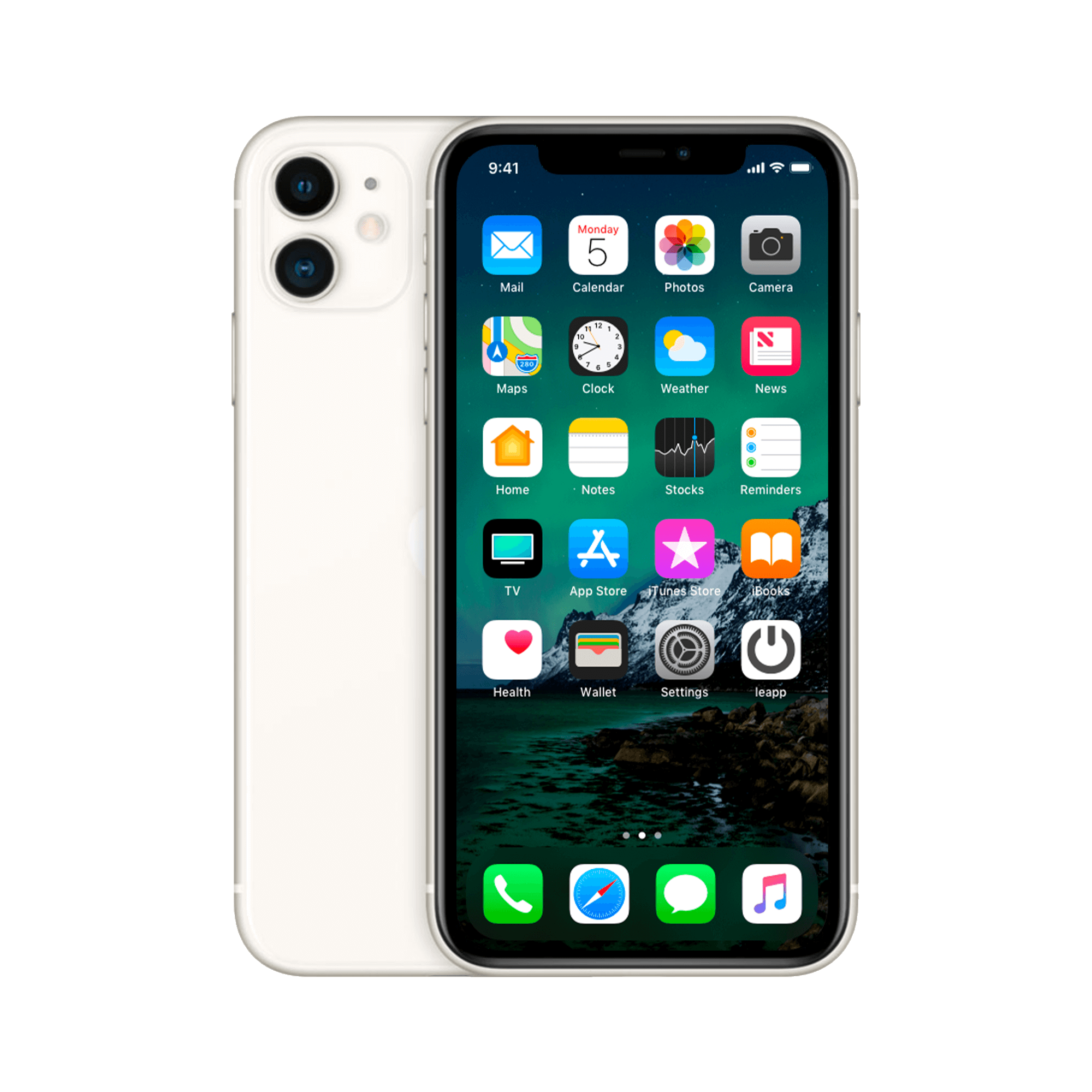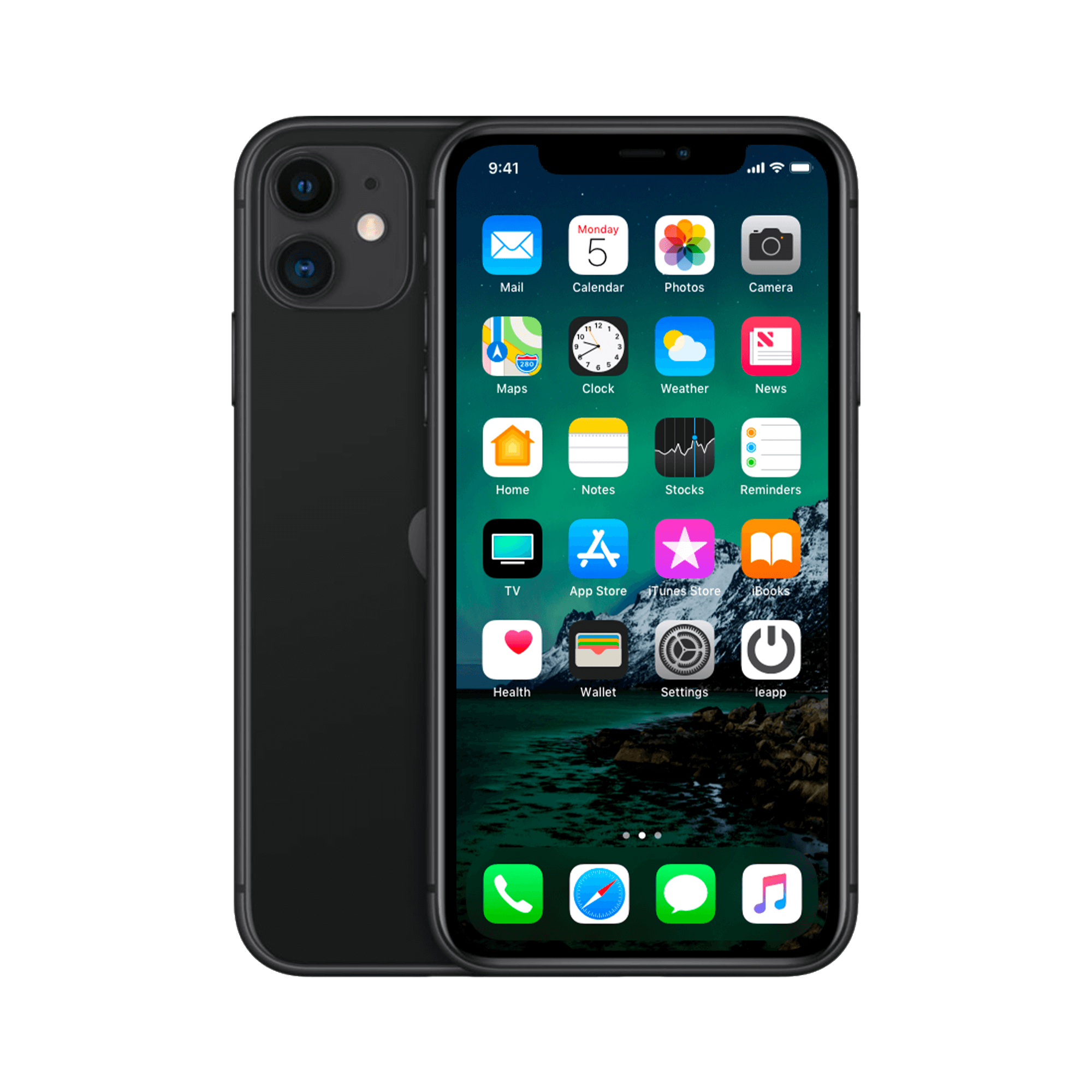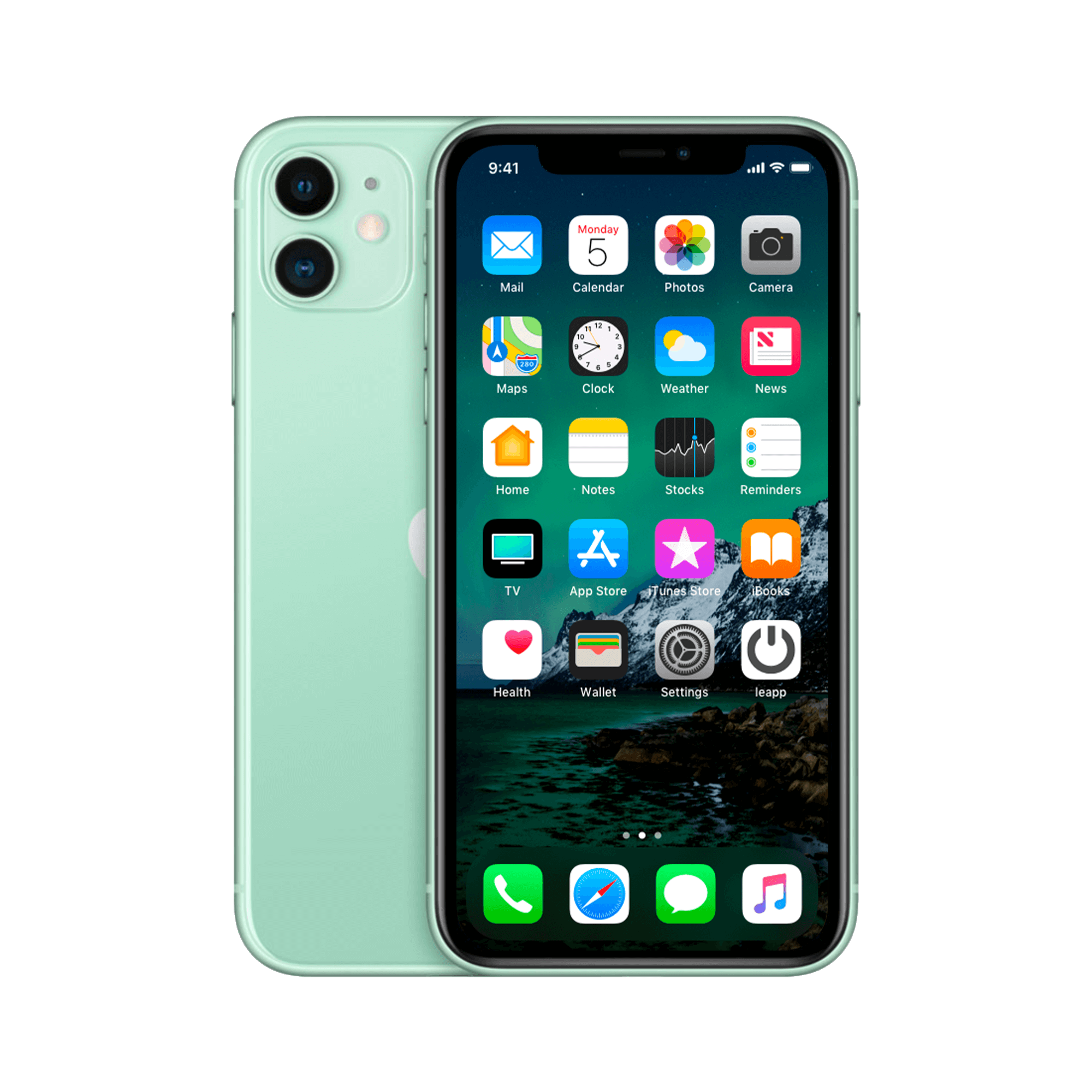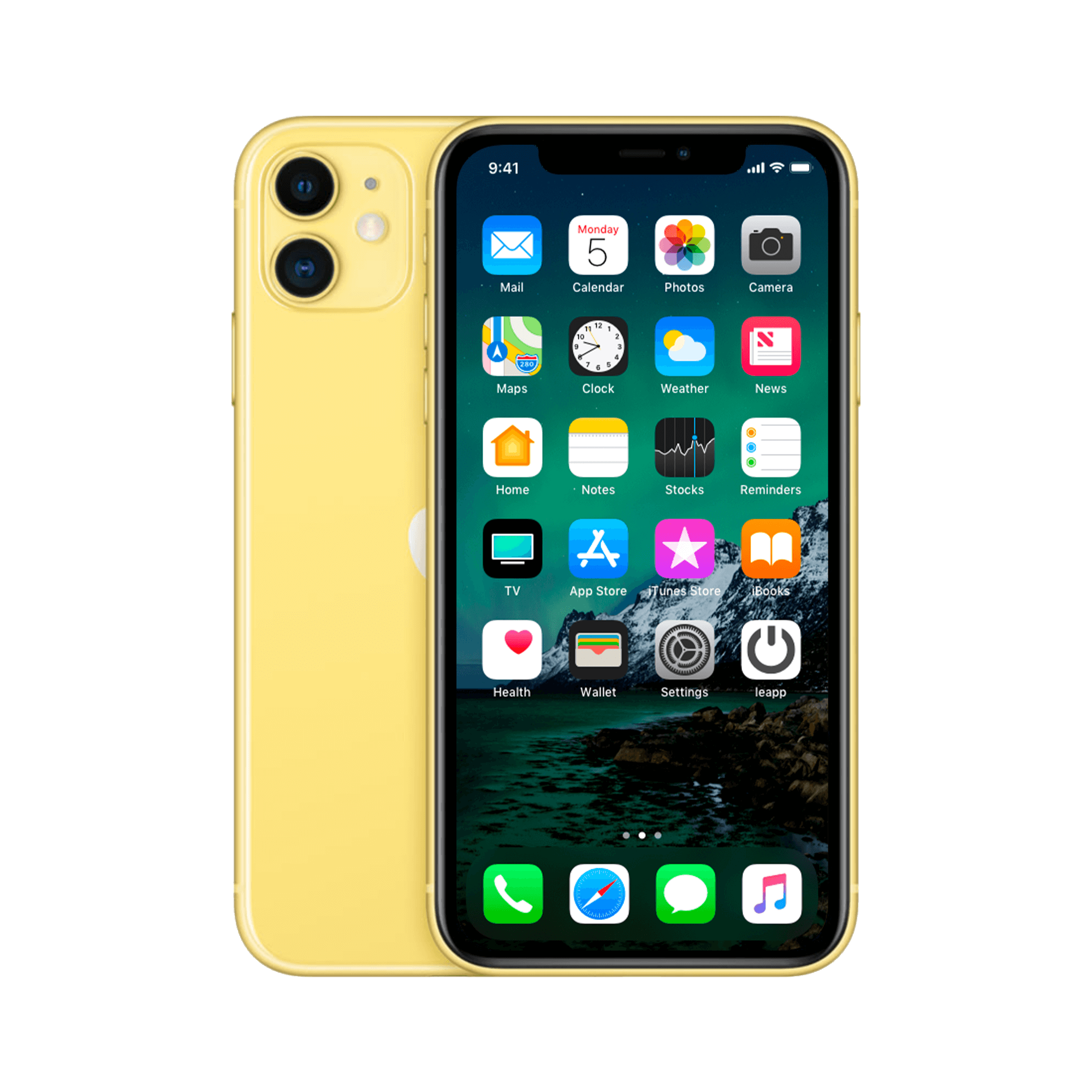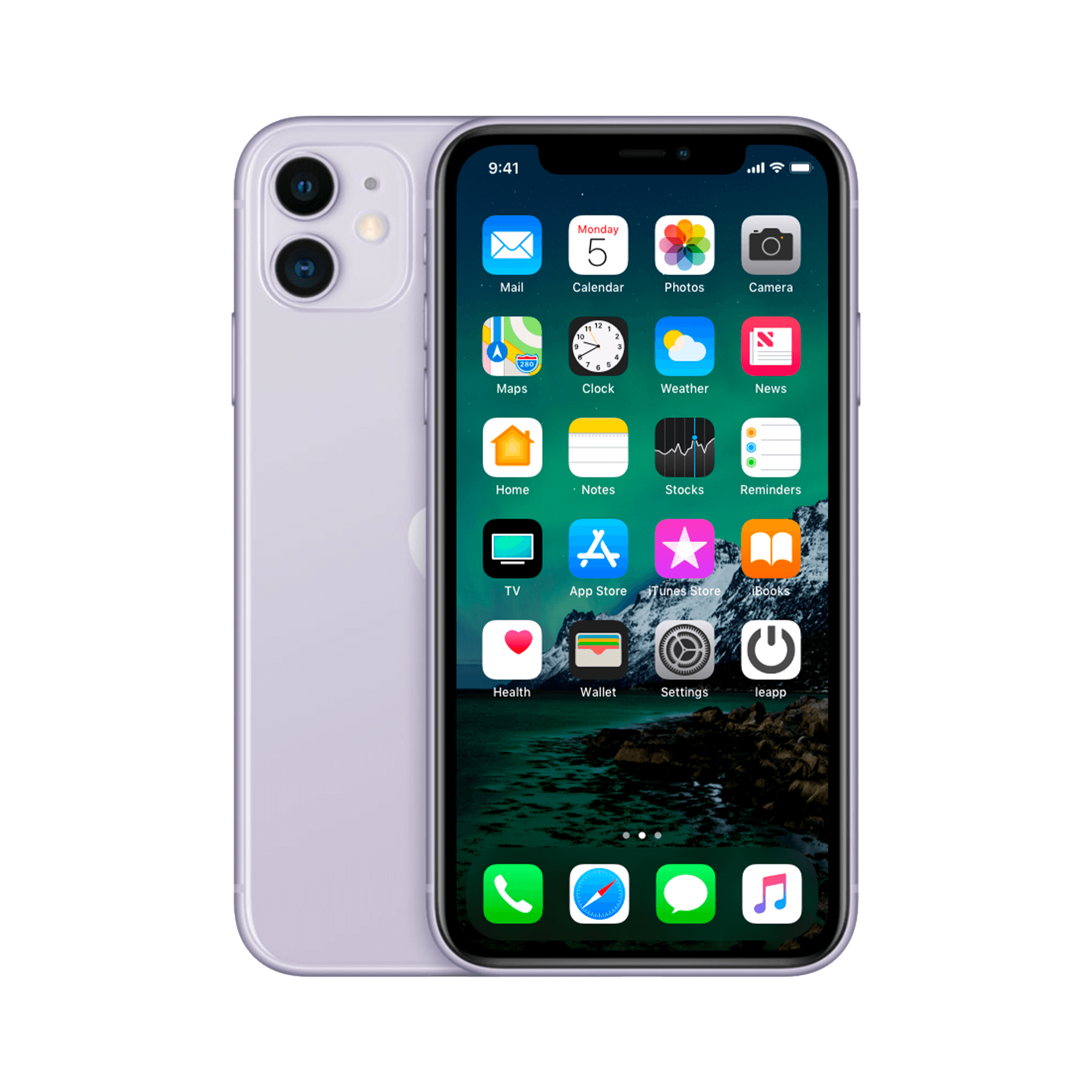Running and digital sports tracking
Running. It doesn't get any simpler than this. Shoes on and go. More and more athletes swear by apps like Strava and Runkeeper to track their performance, complete with a practical sports armband for your smartphone . But what starts as an innocent tool for tracking your route and pace quickly turns into an obsession. Before you know it, you're postponing your run because your phone needs to charge, or running an extra mile to improve your personal best. With a protective phone case, you can transform your smartphone into a personal trainer that keeps challenging you. The only question is: do these apps actually help us progress, or do we become dependent on them?
Useful links:
I've been involved in sports since I was young. Although I've played a variety of sports, my favorites have always been ice skating and running. I could only ice skate in the winter, so I did a lot of running in the summer to build up my fitness for the winter. An ideal combination!
I eventually stopped skating, but I never stopped running. I try to run at least twice a week. In the winter, I sometimes lose track a bit. I think running definitely helps with extra motivation and insight.
Downloading a running app on your iPhone is a handy way to track your distances and speed. Instead of the good old stopwatch, I decided it was time to start using some apps on my refurbished iPhone 13. Measuring is knowing! With the new apps Strava and Runkeeper on my phone, I tracked my running stats. These are the most used running apps right now!
Running bracelet
I use a sports armband when I run. This way, I can always take my refurbished iPhone with me. This is a must, as tracking your speed in apps becomes difficult without your iPhone. Your iPhone is also easy to carry with this armband. The sports armband feels comfortable around your arm. I personally prefer this to lugging my iPhone around in my jacket pocket.
Strava vs. Runkeeper
Strava and Runkeeper are two of the most popular running apps right now. What are the differences?
Strava is more like a social media platform for athletic performance. You can share your runs with other users who can follow your account. When you share something, they'll receive an update. They can also give you kudos (likes) on your activities. Just like on Instagram, you can share your athletic performance directly on social media, including a photo with distance, speed, and time.
A fun Strava bonus is that you can become a KOM/QOM (King/Queen of the Mountain) by setting the fastest time on a specific segment. There are even special competitions to beat these Strava times!
Runkeeper is more focused on your personal development. The app offers a wider range of sports activities to track, such as swimming and skiing. You'll find training plans to help you improve, and you can monitor your heart rate to gain insight into your fitness.
Personally, Strava appeals to me the most. It's really fun (and addictive) to track other people's performances in the app. I even found that I had the fastest time on a specific 5k segment!
You can also see which laps are popular with other people. For example, if you're looking to run a 10k, you're sure to find a fun one nearby. And of course, you can also compete on this lap to become a QOM ;)
App or no app?
At first, I was a bit skeptical about using sports apps and didn't think it was absolutely necessary to track my running stats. I've since made a complete about-face, and I can't live without my beloved Strava app.
I recently caught myself doing this: my refurbished iPhone 13 was about to die with only 2% battery left. I decided to postpone my run for half an hour so it could charge. Because how frustrating is it to run ten kilometers and your iPhone dies after two kilometers? Yep, I'm totally into Strava now!
While using running apps can become a bit obsessive, they offer many advantages. They motivate you to keep running, improve your performance, and discover new routes. With the right sports armband, you can always comfortably carry your iPhone. And looking back at all that collected data on distance, speed, and heart rate is simply so interesting and educational. I wouldn't want to live without it now!
The value of running apps
Whether you're a beginner or an experienced runner , apps like Strava and Runkeeper add a new dimension to your workout experience. They not only allow you to accurately track your performance but also provide extra motivation through the social aspects and personal challenges. With a good sports wristband and your smartphone, you can transform every run into a measurable achievement. While you shouldn't become overly dependent on technology, these apps have become a valuable tool for the modern runner who wants to track their progress.


